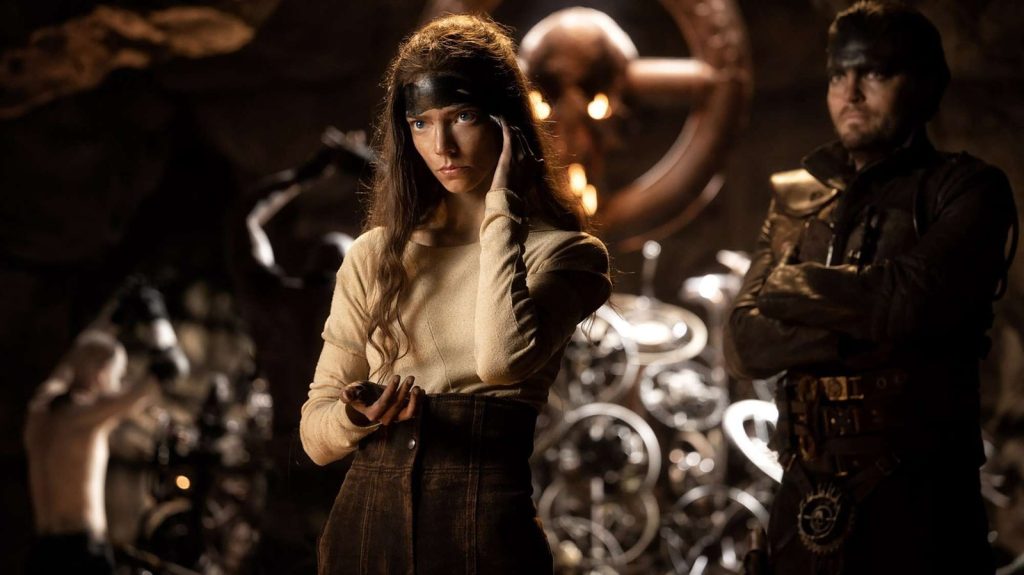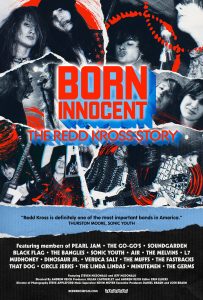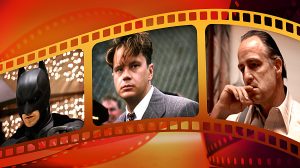Furiosa Director George Miller on Returning to the Mad Max Wasteland

I wanted to start by asking you about your opinions on myth-making, because I know that you and writer Terry Hayes worked on “Mad Max 2” to create a myth out of that movie while you were making it. And you made a wonderful film, “Three Thousand Years of Longing,” just before “Furiosa.” Did making that film inform the making of “Furiosa” at all? Because I know “Furiosa” was nearly finished as a script even before “Fury Road.”
Well, that film, “Three Thousand Years of Longing,” was based on a wonderful short story by A.S. Byatt, who was not only a great author, but she was a great scholar. And she really studied story really well. She was a literary figure, but she was mainly interested in narrative and the way it operated. Without using up too much time: At the turn of the millennium, I remember the New York Times asked several people to write on human endeavors, and someone wrote on music, someone wrote on, I don’t know, sport or whatever, but she wrote on literature, on story. And the piece she wrote for the New York Times was on the best stories. It was called “Narrate or Die.” And it was [about] the best stories told across the previous millennium.
She basically put forward that the greatest stories told were the Arabian Nights, because they evolved over many cultures over probably close to a thousand years, all the way down from China, right down to the end of Spain on the, I guess, the Silk Road. Anyway, she wrote a wonderful piece on that, the function of stories in our world. And I got really involved in that when we did “Three Thousand Years of Longing.” Other than Joseph Campbell, she, I think, is the one who really, really understood why we tell stories, why somehow we are hardwired for stories, and why somehow stories, according to their time, are a way for us to basically find the signal in the noise, if you like. And I’m really coming to that understanding in our work. What I really like about working in the “Mad Max” world is that they’re very much, they’re allegorical in the same way that, say, the American Westerns basically are allegorical. So here I am. We have just finished one.





